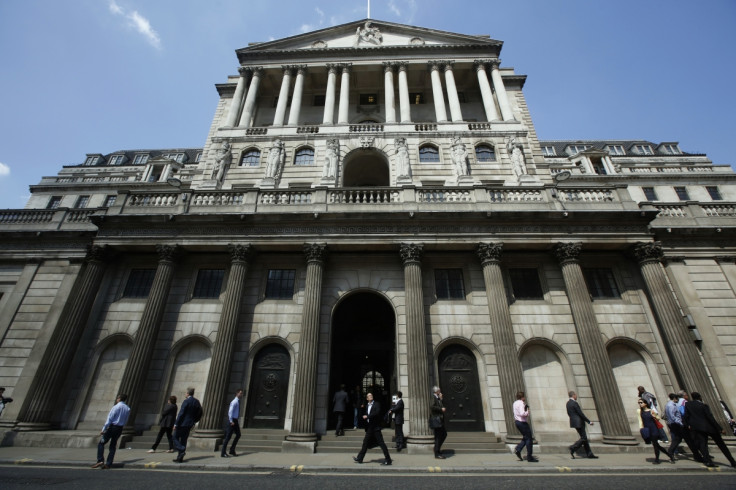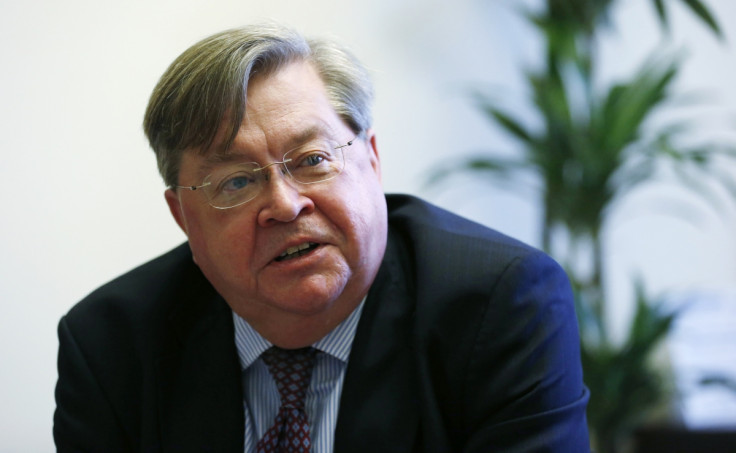Bank of England keeps interest rates on hold and downgrades economic growth outlook

The Bank of England has held interest rates for the 80th month in a row, leaving them unchanged at 0.5% on 5 November. Members of the nine-strong Monetary Policy Committee (MPC) voted eight to one to leave rates on hold, where they have remained for more than six years.
Despite speculation that Kristin Forbes or Martin Weale would advocate to raise rates to 0.75%, the minutes revealed Ian McCafferty was the only MPC to go against the grain.

Lowering its outlook for UK economic growth in 2015 down 0.1% to a "more modest" 2.7% from the previous figure of 2.8%, the bank predicts that it will grow by 2.5% in 2016, while it predicts growth of 2.7% in 2017.
"The outlook for global growth has weakened since the August Inflation Report," the bank said in a statement. "Many emerging market economies have slowed markedly and the Committee has downgraded its assessment of their medium-term growth prospects.
"While growth in advanced economies has continued and broadened, the Committee nonetheless expects the overall pace of UK-weighted global growth to be more modest than had been expected in August."
There are downside risks to this outlook, it said, including that of a more abrupt slowdown in emerging economies. The Consumer Prices Index is also expected to remain below 1% until the second half of 2016. The official target is 2%.
The bank is nonetheless reasonably optimistic about the state of the economy. It said: "Robust private domestic demand is expected to produce sufficient momentum to eliminate the margin of spare capacity over the next year."
The bank has also said it will continue to reinvest the proceeds of bonds maturing from the £375bn (€527bn, $573bn) of quantitative easing assets that it bought to spur economic growth until it has raised interest rates to around 2%.
In an unusual move, the bank also released a letter from its governor, Mark Carney, to Chancellor George Osborne, explaining why he has not managed to keep inflation on target. Carney blames the strength of sterling and limited earning growth along with factors such as cheap oil and metals.
The decision not to move interest rates was criticised by the Institute of Directors (IoD), whose chief economist James Sproule said the bank had been "spooked by a worsening outlook for global growth."
The Institute of Directors has raised concerns over the Bank of England's decision to hold interest rates at 0.5% for another month.
"With strong consumer confidence and wages on the up, the arguments against raising interest rates from the current exceptionally low level are falling away," he said. "The IoD has been calling for over a year for the Bank to start the process of raising rates and the need to normalise remains."
© Copyright IBTimes 2025. All rights reserved.





















